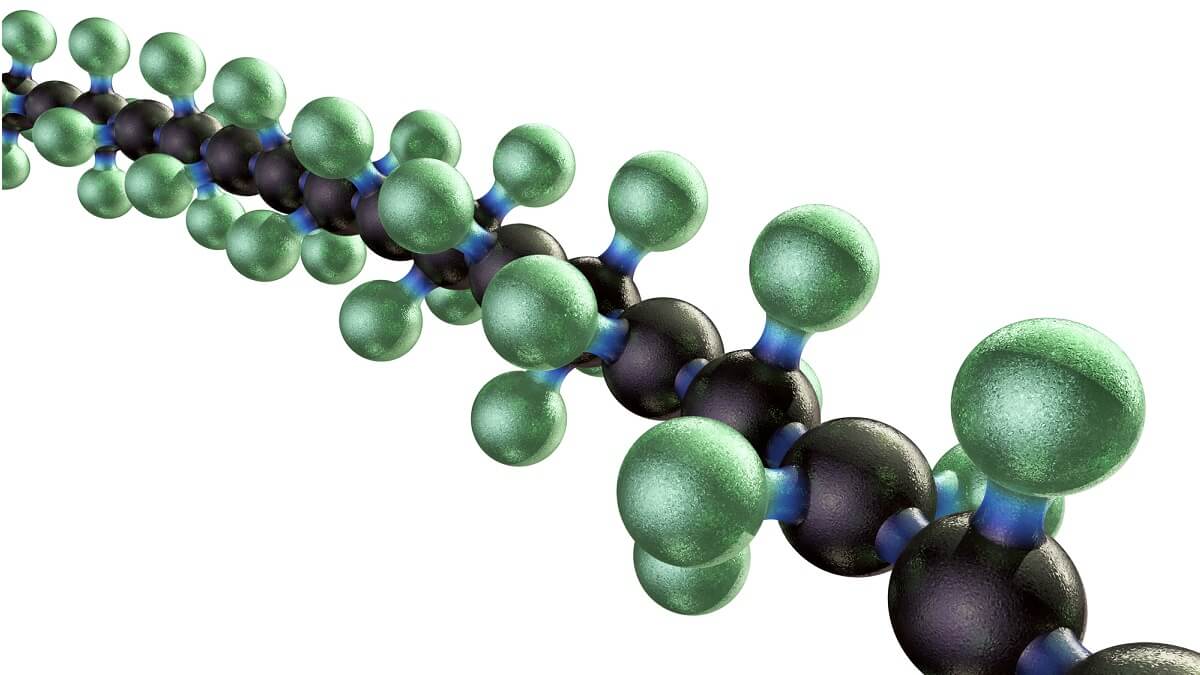Lasting Polymers: Eco-Friendly Solutions for the Future
Lasting Polymers: Eco-Friendly Solutions for the Future
Blog Article
Checking Out the Varied Applications and Advantages of Polymers in Different Industries
Polymers, with their varied variety of residential properties and capabilities, have become vital in numerous industries, each reaping distinct benefits from their application. Polymers. From boosting security and performance in the automotive industry to reinventing clinical gadgets in the medical care industry, polymers play a critical role. Their environment-friendly nature is modifying the landscape of sustainability techniques. As we explore the depths of polymers in electronics, we uncover innovative innovations, while their architectural integrity transforms the world of construction and infrastructure. The prevalent impact of polymers throughout industries is a testimony to their convenience and adaptability, forming the future of plenty of markets.
Automotive Sector Applications
Polymers play a pivotal function in boosting the performance and durability of different components within the auto field. These flexible materials are thoroughly used in the manufacturing of various parts, varying from interior elements to under-the-hood applications. One noticeable use of polymers in the auto market remains in the production of lightweight components. By replacing typical metal parts with polymer-based options, automobiles can achieve improved gas efficiency without compromising on strength or safety.

Medical Care Industry Advantages
In various medical care applications, the advantages of using polymers are extensively recognized for their diverse variety of valuable homes. Polymers play a vital function in the healthcare sector because of their versatility, biocompatibility, and cost-effectiveness. Among the main advantages of polymers in healthcare is their capability to be customized to specific requirements, such as flexibility, resilience, and biodegradability, making them ideal for a vast array of medical applications.
Polymer-based products are extensively made use of in clinical tools, such as catheters, implants, prosthetics, and drug shipment systems, as a result of their biocompatibility and capability to simulate all-natural cells. These materials can decrease the threat of allergies or denials, enhancing client safety and security and end results. Furthermore, polymers are light-weight, making them ideal for wearable clinical devices and making sure patient comfort.
Furthermore, polymers enable the growth of cutting-edge therapy techniques, such as hydrogels for tissue engineering and nanocomposites for targeted drug delivery. Their simplicity of handling and sanitation makes them crucial for maintaining high criteria of hygiene in medical care settings. In general, the diverse advantages of polymers contribute significantly to innovations in clinical technology and patient care.
Ecological Advantages of Polymers

In addition, polymers can contribute to energy financial savings as a result of their light-weight nature. In markets such as transportation, lightweight polymer products can assist reduce gas consumption and greenhouse gas discharges. Additionally, polymers can enable the growth of energy-efficient items such as insulation products that enhance power preservation in structures.
Additionally, polymers play a critical duty in minimizing water contamination. For example, using polymer-based filtration systems can successfully eliminate pollutants and contaminants from wastewater, protecting water sources and environments. Generally, the environmental advantages of polymers make them beneficial possessions in promoting sustainability and environmentally friendly methods throughout different sectors.
Polymers in Electronic Devices and Technology
Thinking about the boosting need for innovative and lasting options in contemporary sectors, the combination of sophisticated polymer technologies in the realm of electronics and modern technology has actually become a pivotal strategy for driving effectiveness and efficiency. Polymers have actually revolutionized the electronic devices sector by allowing the production of lighter, a lot more flexible, and durable digital tools. From mobile phones to clinical tools, polymers play an essential function in improving item style and performance.
One considerable advantage of polymers in electronics is their shielding residential properties, which aid secure fragile electronic parts from ecological factors and electric interference. Additionally, polymers are important in the development of flexible display screens, wearable technology, and published electronic devices, supplying unlimited important site opportunities for developing smart and interconnected gadgets.
Additionally, making use of polymers in digital packaging has caused advancements in miniaturization and thermal management, about his boosting the total efficiency and dependability of electronic systems. As innovation proceeds to evolve, the versatility and flexibility of polymers will definitely drive additionally development in the electronics industry, shaping the future of modern technology.
Role of Polymers in Construction and Infrastructure
The integration of sophisticated polymer products in building and construction and framework jobs has changed the method frameworks are developed and constructed in modern times. Polymers offer numerous benefits in the building and construction industry due to their adaptability, toughness, and cost-effectiveness. One key function of polymers in construction is their use in finishes and sealants, giving security against environmental aspects such as moisture, UV radiation, and deterioration. Additionally, polymers are used in the manufacturing of lightweight and high-strength composite products, improving the architectural stability of buildings while reducing total weight.
Additionally, polymers play a vital function in sustainable building and construction techniques by allowing the advancement of energy-efficient structures. Shielding materials made from polymers aid manage indoor temperatures, lowering the requirement for heating and cooling systems and eventually lowering energy consumption - Polymers.
Verdict
To conclude, polymers play an essential function in various industries such as automotive, healthcare, environmental, electronic devices, and construction. Their flexible residential properties make them useful in producing innovative remedies and items. From enhancing fuel performance in automobiles to improving medical devices, polymers offer various advantages. In addition, their effect on reducing waste and promoting sustainability highlights their relevance in modern-day applications. The widespread use polymers demonstrates their significant payment to progressing modern technology and improving quality of life.
Report this page